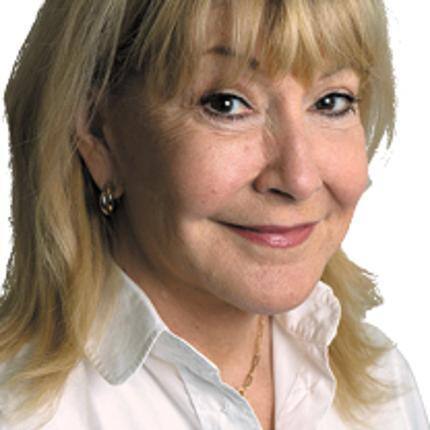“The law concerning end-of-life care specifies that advance medical directives may be provided for in writing since the entry into force of the law in Quebec. Only persons of full age and able to consent to treatment can express advance medical directives. These guidelines are only used when the doctor determines that the person’s state of health renders them unfit to consent to care.
Advance medical directives apply to specific situations that are not necessarily related to emergency situations. These are situations that health professionals encounter more and more often and for which they wonder about the relevance of offering certain care, even if it is necessary for the maintenance of life.
These situations are: When a person suffers from a serious and incurable medical condition and is at the end of life; when a person is in a comatose state considered irreversible, that is to say, he is unconscious, permanently and bedridden, without any possibility of regaining consciousness; when a person is in a permanent vegetative state, i.e. unconscious, but retains some reflexes, such as the ability to open and close the eyes or the reaction to pain; When a person suffers from a severe and irreversible impairment of cognitive functions without possibility of improvement, for example dementia of the Alzheimer type or another type of dementia in an advanced stage.
The care targeted by AMD are life-saving treatments that may be necessary to extend life. Therefore ; not taking this treatment or stopping it may shorten your life; consenting to this care can prolong your life, with no hope of improving your medical condition.
The targeted treatments are: Cardiopulmonary resuscitation, ventilation assisted by a ventilator, dialysis treatment, forced or artificial feeding and forced or artificial hydration. Note that it is not possible to request medical assistance in dying in advance medical directives. “
Anonymous
There are two ways to write your DMAs, either by obtaining the form from the government and completing it in the presence of two witnesses. Or by proceeding by a deed before a notary, which I personally prefer. The notary will be able to answer any questions and queries on this delicate subject, publish it in the official register, send a copy to your family doctor, and prevent possible conflicts with your relatives or medical staff. Which is not nothing. As we can also modify or revoke our advance medical directives at any time, the notary will then proceed to a new notarial act of modification or revocation which will then be published in the provincial register.
–


